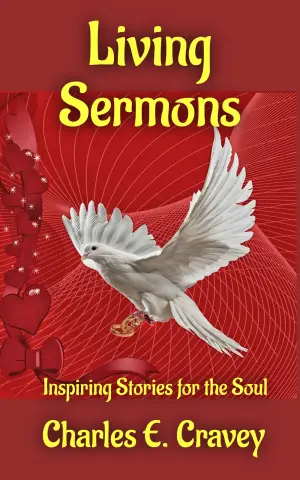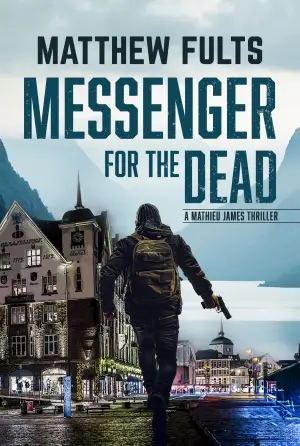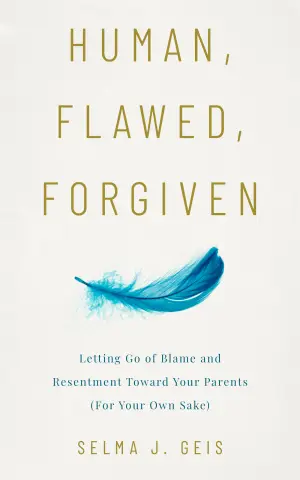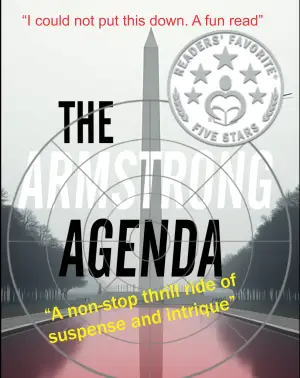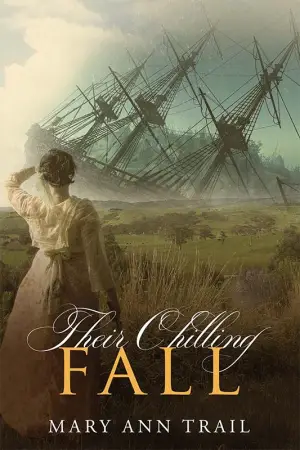Book Review: Kill Your Darlings by Peter Swanson
From the moment Peter Swanson’s Kill Your Darlings crossed my radar, I was intrigued. The concept of a psychological thriller told in reverse? It sounded daring, perhaps even artful, and it beckoned me to dive into the complexities of marriage and secrets. As someone who loves a good mystery but also appreciates deep character studies, I felt a blend of excitement and skepticism about this narrative structure. Would Swanson successfully pull off this unconventional storytelling, or would it leave me feeling unfulfilled?
At its essence, Kill Your Darlings is a haunting exploration of the seemingly perfect marriage of Thom and Wendy Graves. Swanson, known for his unique thriller plots, invites us to peel back the layers of their life together like an onion—one messy, fragile layer at a time. It becomes clear that their bond is built on secrets, and as we journey backward through their timeline, we see the creeping tension that defines their existence.
What really stood out to me in this book was how Swanson masterfully encapsulated the psychological weight of their situation. Thom’s internal struggle is palpable; you can almost feel the weight of his drinking as he grapples with the shadows of their shared past. Wendy, on the other hand, has a plan of her own, one that chillingly hints at the heart of their dilemma—her desire to “kill her darling” resonates with a darker, more profound sense of betrayal that lingers throughout the narrative.
But let’s talk about pacing. Some readers might find the slow burn a bit daunting; after all, this isn’t a “shocking twist every other chapter” kind of thriller. Instead, Swanson invites you to engage with the narrative deeply, fostering an intellectual curiosity rather than relying on adrenaline to push the story forward. I found this choice refreshing yet, at times, frustrating; you know where the story is headed, but the details are frustratingly out of reach until the very end.
One particularly haunting line comes to mind: “Love can be a dark place where secrets fester.” This simple yet profound observation encapsulates the tone of the book, and it resonated with me deeply. It forced me to reflect on how love often glosses over deeper issues that, if left unexamined, can crumble even the sturdiest relationships.
In conclusion, Kill Your Darlings may not deliver the kind of gasp-inducing twists that some readers crave, but it offers a slow, psychological descent into the fractures of a marriage. For those who appreciate a methodical, character-driven thriller, this book will resonate. However, if you’re after the kind of plot-turns that leave you breathless at every chapter, you might want to look elsewhere.
This reading experience reminded me that sometimes, it’s the secrets we hold that define us more than the ‘darlings’ we cherish. I would recommend this book to fans of psychological depth and slow-burn narratives—those who savor the intrigue of complex characters over sensational plots. If you enjoy unraveling the fragile threads of human relationships, Swanson’s latest may just be your next compelling read.
Discover more about Kill Your Darlings on GoodReads >>

